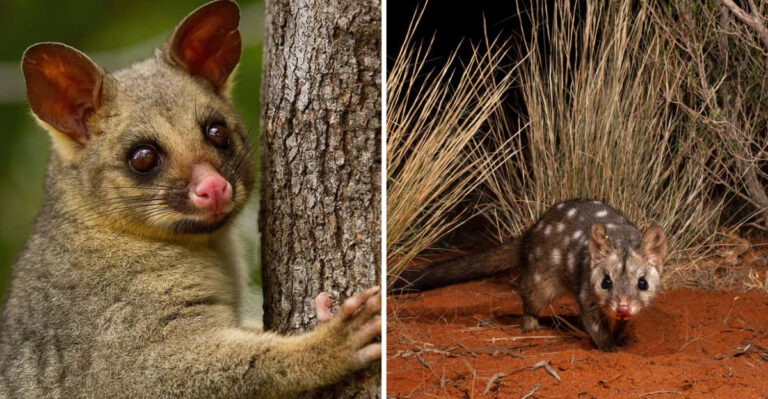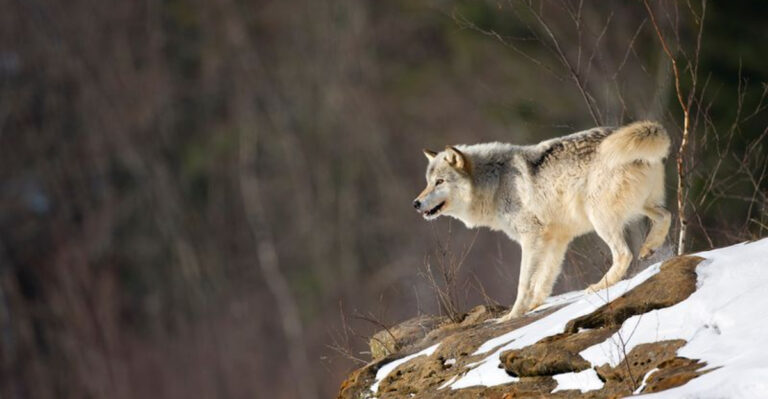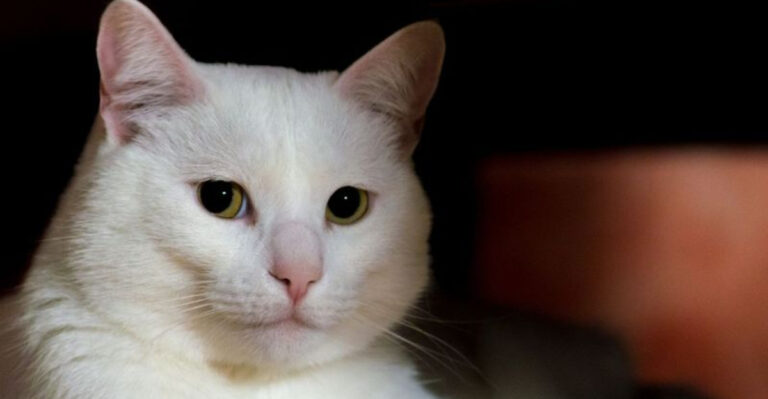16 Ways Domesticated Horses Are Different From Wild Mustangs
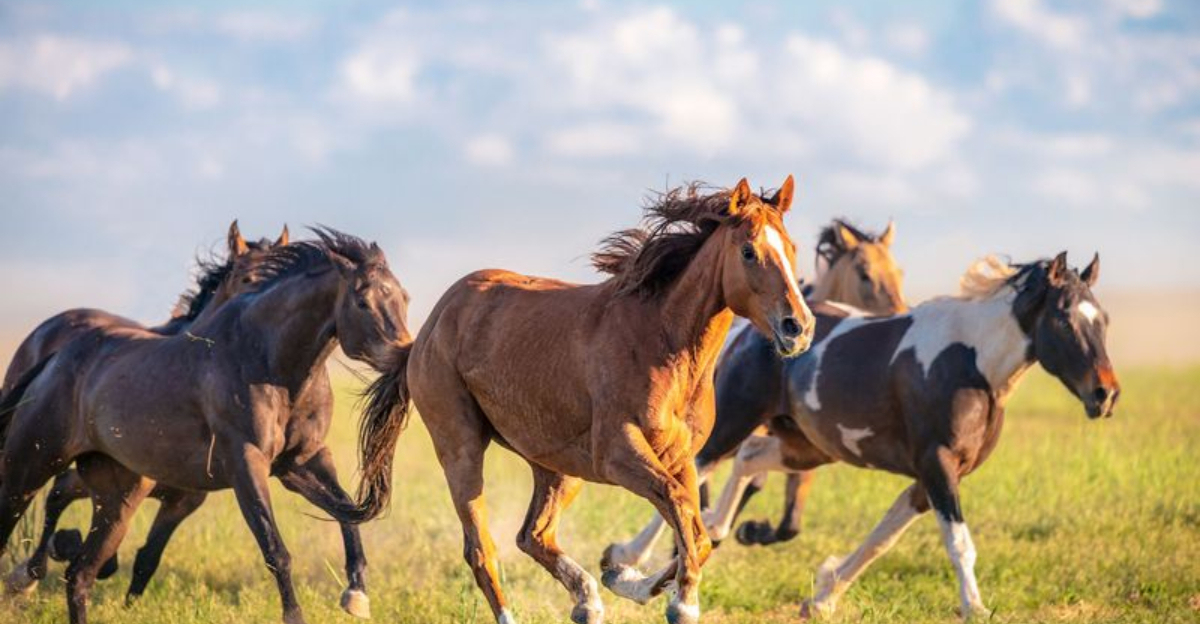
Imagine a world where the clatter of hooves is your daily soundtrack, but not all hooves sound the same.
Domesticated horses and wild mustangs may share a common ancestor, but their lifestyles have taken them on wildly different paths.
Let’s gallop through some fascinating differences that set domesticated horses apart from their wild cousins.
1. Eating Habits
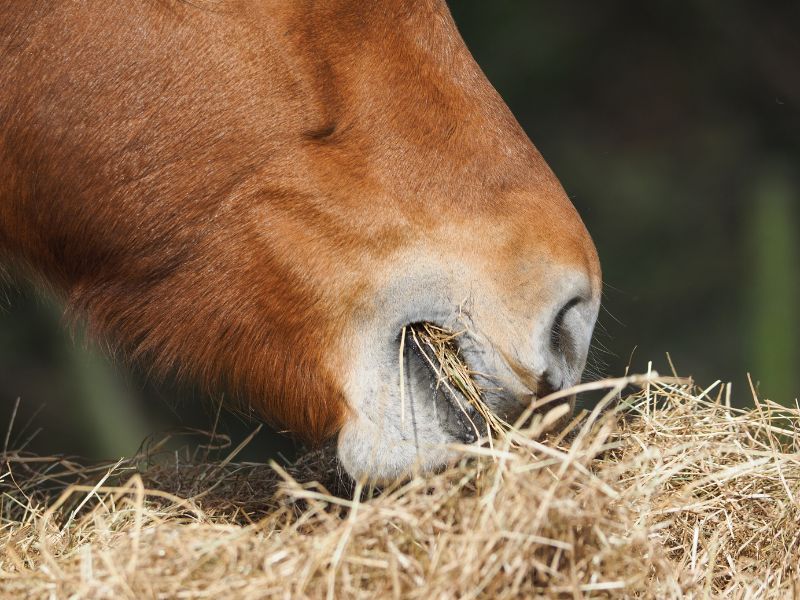
Did you know that feeding a horse is like managing a picky eater at a dinner party? Domesticated horses enjoy a controlled diet with hay and grains, carefully balanced by their owners.
These meals are served on a platter, so to speak, in stables or fields. On the other hand, wild mustangs graze freely on natural grasslands, munching on whatever nature provides.
Their diet changes with the seasons, giving them the ultimate buffet experience.
2. Social Structure
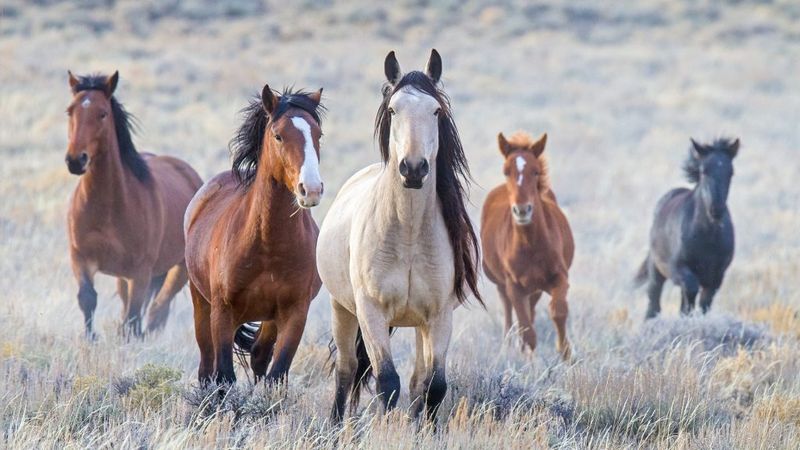
Imagine attending a social event—some horses have invitations, and others just crash the party.
Domesticated horses often live in structured environments, where their social interactions are mostly managed by humans.
They may form bonds but within controlled groups. Wild mustangs, however, live in natural herds with complex social hierarchies, where the lead mare often calls the shots.
These mustangs enjoy freedom, with friendships and rivalries playing out in the open fields.
3. Training And Handling
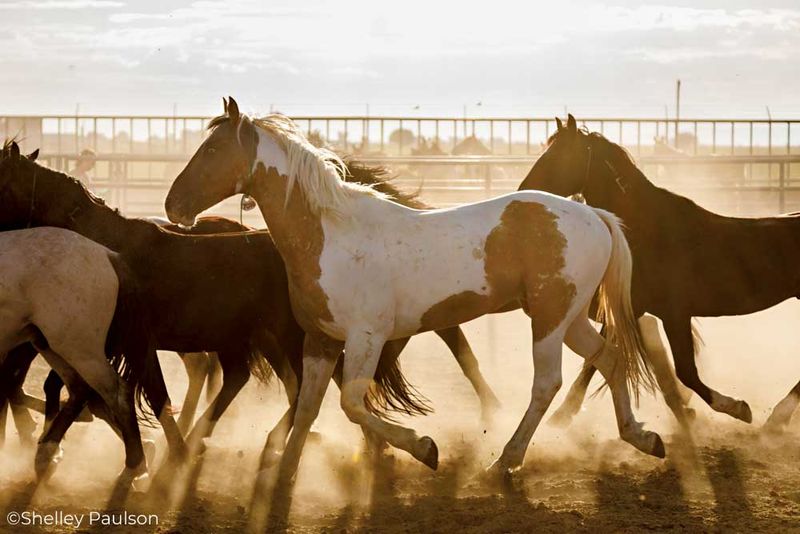
When it comes to training, domesticated horses get the royal treatment. They’re taught to respond to commands, carry riders, and even perform tricks.
This training involves patience, rewards, and the occasional carrot! Wild mustangs, on the other hand, are untouched by human hands.
They rely on instincts honed over generations to survive, with no lessons in trotting or dressage. Their wild spirit remains untamed, embodying pure freedom and independence.
4. Environment
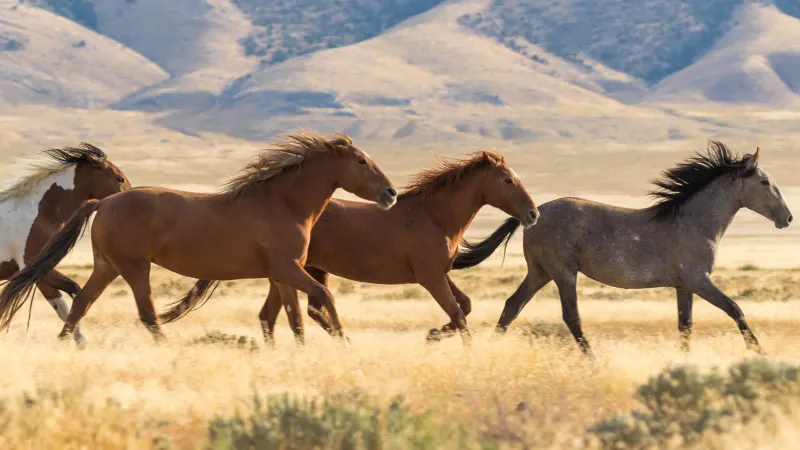
Picture a five-star hotel versus a camping trip in the wild. Domesticated horses enjoy cozy stables with all the amenities, from grooming to veterinary care.
Their environment is controlled and safe. Wild mustangs, by contrast, are nature’s wanderers. They roam vast, rugged terrains, facing the elements head-on.
From scorching sun to freezing snow, their home is the open range, where every day brings a new challenge and adventure.
5. Life Span

Want to know the secret to a long life? For domesticated horses, it’s all about care and comfort.
With regular veterinary check-ups and a balanced diet, these horses often enjoy longer lives, sometimes reaching into their 30s.
Wild mustangs, though, live life fast and free. Without human intervention, they face predators, harsh weather, and scarce food, which often means a shorter, but arguably more thrilling, existence.
6. Coat And Appearance
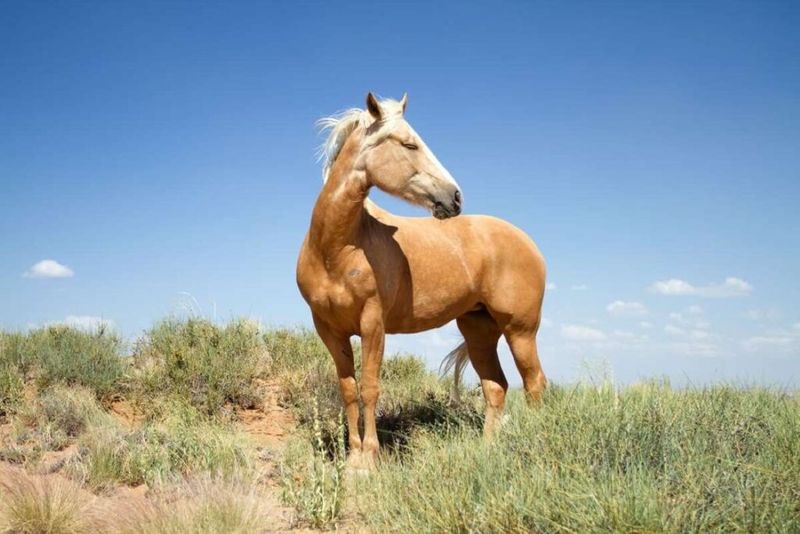
Who doesn’t love a good makeover? Domesticated horses often sport shiny, groomed coats, thanks to regular brushing and baths.
Their appearances are sometimes tailored for shows and parades. Wild mustangs, in contrast, wear their rough-and-tumble look with pride.
With manes blowing in the wind and coats that blend into the landscape, these mustangs are the epitome of natural beauty. Their unkempt charm is a testament to their wild heritage.
7. Human Interaction
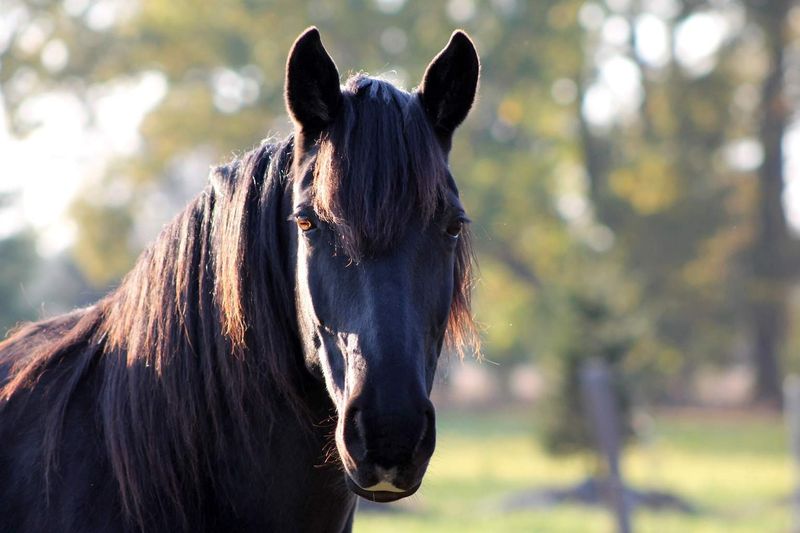
Ever noticed how some animals are people-friendly while others are shy? Domesticated horses are used to human interaction, often enjoying pats, rides, and even conversations!
They’re trained to trust and connect with people from a young age. Wild mustangs, however, keep their distance.
They may observe humans with curiosity but prefer to remain aloof. Their survival instincts dictate caution, making their interactions with humans rare and often fleeting.
8. Genetic Diversity
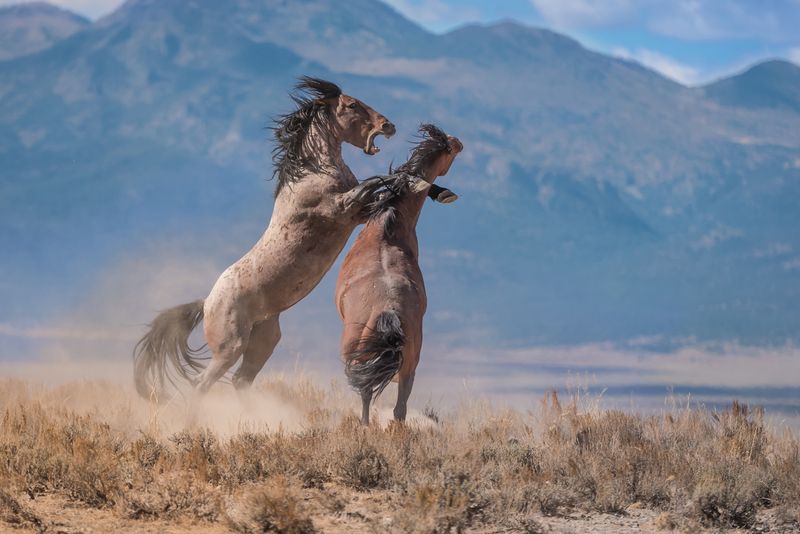
Genetic diversity is like a horse’s personal ancestry test. Domesticated horses often have well-documented lineages, with selective breeding enhancing specific traits for work or sport.
Wild mustangs, however, boast a more random mix of genes. Their genetic pool is shaped by natural selection, ensuring adaptability to changing environments.
This diversity makes them resilient and robust, capable of surviving where others might falter.
9. Temperament
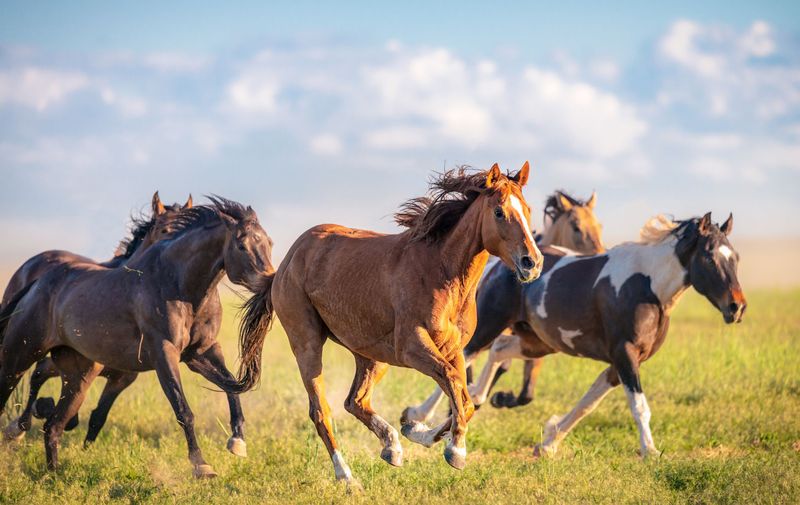
Ever met an animal with a personality as distinct as a human’s? Domesticated horses are often calm and amiable, thanks to years of breeding and training to suit human needs.
They’re like the easygoing friend who’s always up for a chat. Wild mustangs, on the other hand, are energetic and alert.
Their environment demands vigilance and quick reflexes, making them more like the adventurous friend who’s always ready for the unexpected.
10. Role In Society
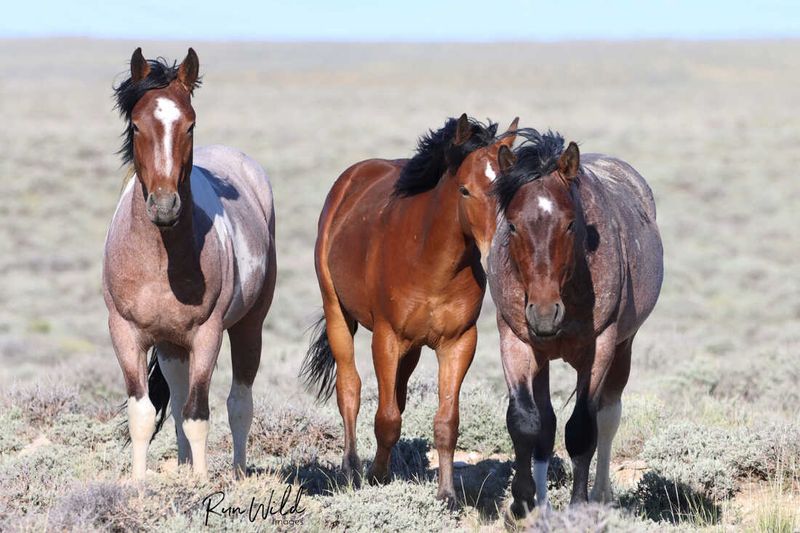
In the grand theater of animal roles, domesticated horses often play specific parts. They’re workers, companions, and sometimes even performers in shows.
Society has assigned them tasks, from pulling carriages to participating in equestrian sports. But wild mustangs?
They write their own scripts, playing roles defined by nature alone. Free from human expectations, they roam as symbols of freedom and untamed spirit, untouched by society’s demands.
11. Health Care
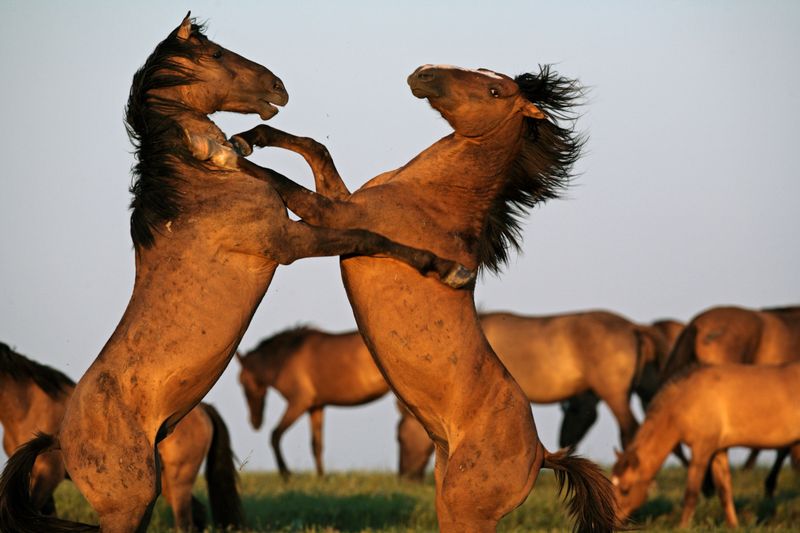
Can you imagine having a personal healthcare team? Domesticated horses do! They receive regular check-ups, vaccinations, and tailored diets to keep them healthy.
It’s like having a wellness plan with all the perks. Wild mustangs, however, rely on natural instincts and resilience.
Without vets or health plans, they face challenges head-on, using natural remedies like specific plants and herbs to treat ailments.
12. Breeding Practices

Talk about matchmaking! Domesticated horses are often bred with specific goals in mind, like speed, strength, or color.
Breeders carefully select pairs, ensuring desired traits are passed on. Wild mustangs, by contrast, follow nature’s cues.
Their breeding is spontaneous, driven by survival and natural selection. This random pairing ensures diversity and adaptability, keeping their populations robust and ready for whatever life throws their way.
13. Foot Care
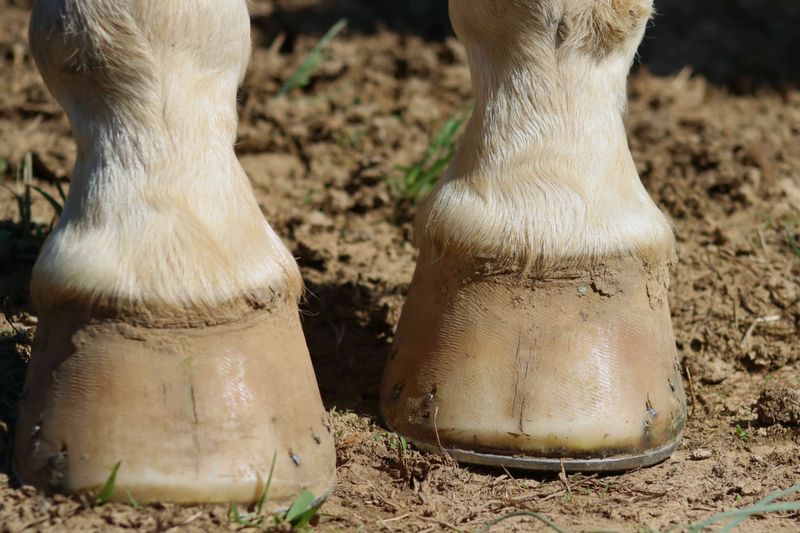
Foot care for horses isn’t a one-size-fits-all. Domesticated horses often wear shoes, like custom footwear, to protect their hooves during riding or work.
A farrier ensures they’re comfortable and healthy. Wild mustangs, however, wear no such adornments. Their hooves grow naturally, adapting to the rugged terrains they traverse daily.
This natural wear keeps their feet strong and functional, tailored perfectly for their untamed lifestyle.
14. Dietary Supplements
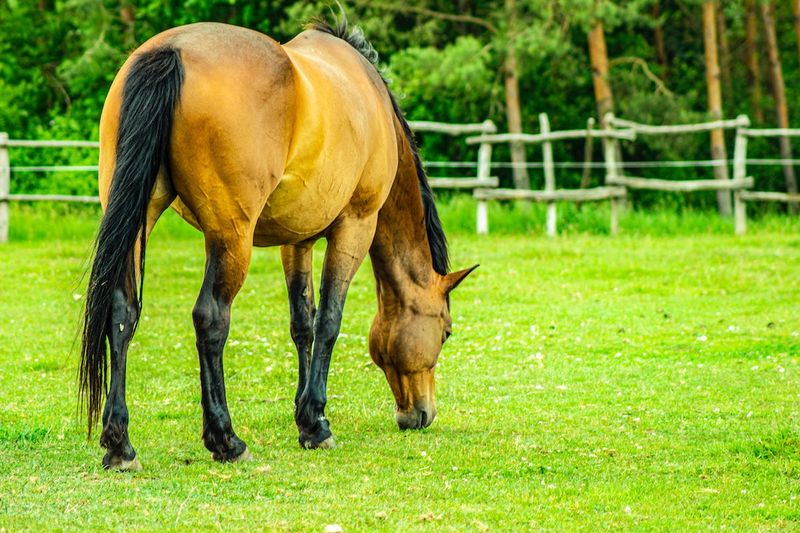
Ever considered what goes into a horse’s diet beyond hay and grass? Domesticated horses often receive dietary supplements, like vitamins and minerals, tailored to their needs.
These supplements ensure they stay fit and healthy. Wild mustangs, however, rely solely on what nature provides.
They forage for diverse plants, roots, and grasses, crafting a diet that meets their nutritional needs organically. Their natural diet keeps them strong and resilient.
15. Recreation And Work
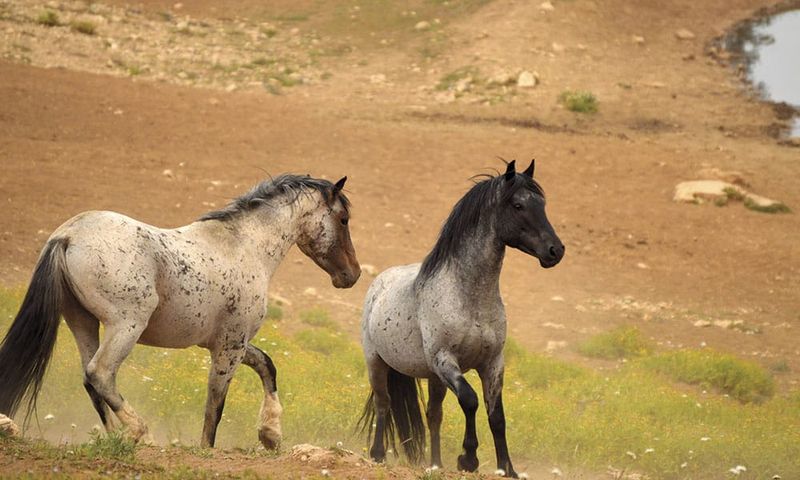
For domesticated horses, life is a mix of work and play. They’re trained for roles in sports, farming, or leisure, often participating in competitions or rides.
Their work life is structured, with specific tasks and schedules. Wild mustangs, on the other hand, live life on their terms.
Their days are spent exploring, grazing, and socializing, with no tasks imposed by humans. Their recreation is the pure joy of freedom, unbound by human constraints.
16. Cultural Significance
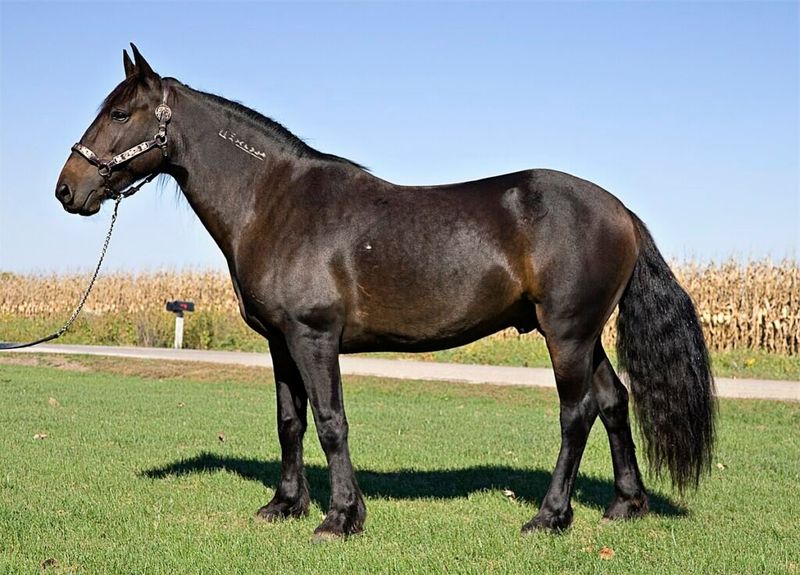
Horses have pranced their way into human culture, but their roles vary widely. Domesticated horses often appear in parades, events, and ceremonies, symbolizing prestige and tradition.
They’re part of human celebrations and histories. Wild mustangs, however, embody the spirit of freedom and the untamed wild.
Revered in art and literature, they symbolize the raw beauty of nature. Their cultural significance lies in their independence and untamed grace.




